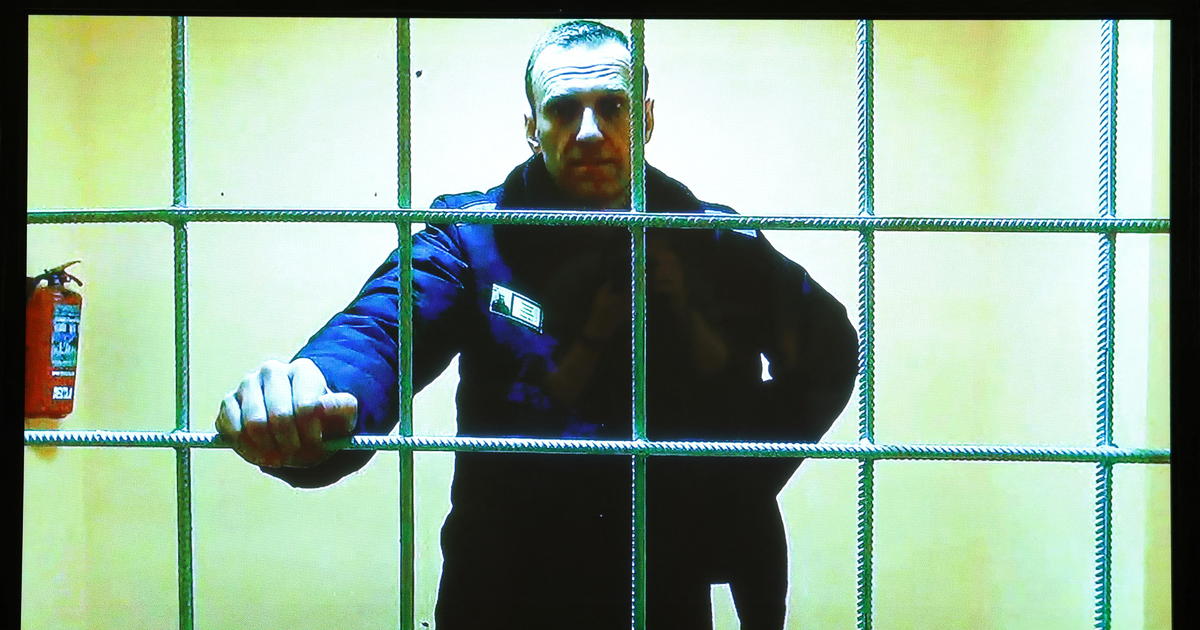A recent court ruling in Russia has delivered a verdict against imprisoned opposition leader Alexey Navalny, finding him guilty of promoting “extremism” and extending his prison sentence by 19 years. This comes as Navalny, a vocal critic of President Vladimir Putin’s government, is already serving a nine-year term for parole violations, fraud, and contempt of court. The charges against him have long been viewed as politically motivated retaliation for his outspoken criticism of Putin and the Kremlin’s policies.
In this new trial, Navalny was accused of establishing the Anti-Corruption Foundation, an organization that has conducted numerous investigations into the wealth of Russia’s elite. He also founded a network of regional offices aimed at challenging Kremlin-approved politicians at the local level. Both groups were labeled as extremist organizations in 2021, exposing individuals involved in their operations to criminal prosecution.
Navalny faced a total of seven serious charges in this trial, including participating in and funding extremist activities, creating an NGO that violates citizens’ rights, involving minors in dangerous acts, and rehabilitating Nazism. He was convicted on all charges except for rehabilitating Nazism. Earlier, Navalny had predicted that these proceedings would result in a lifetime imprisonment.
The trial was held behind closed doors, and Navalny’s parents were denied entry to the court, having been unable to see their son for over a year. Another individual, Daniel Kholodny, who previously worked for Navalny’s YouTube channel, was also sentenced to prison for funding and promoting extremism. However, due to audio feed issues from the closed courtroom, there is confusion regarding the length of Kholodny’s sentence.
Navalny has experienced harsh treatment and solitary confinement on multiple occasions at the IK-6 prison, known for its oppressive conditions and violent inmates. His family visits have been denied, and he has been punished for minor infractions such as having an unbuttoned shirt. Navalny’s arrest occurred in January 2021 upon his return from Germany, where he had been recovering for five months from poisoning that he attributed to the Kremlin. Russian officials have consistently denied his claims.
After his arrest, Navalny received a two-and-a-half-year prison sentence for violating the parole conditions of a 2014 suspended sentence in a fraud case that he believes was politically motivated. Since then, the number of cases and charges against him has escalated, with his allies asserting that the Kremlin’s objective is to keep him imprisoned for as long as possible.
In response to Navalny’s imprisonment, the Russian authorities have launched a sweeping crackdown on his associates and supporters, leading many to flee the country or face imprisonment. One such example is the head of his regional office, Liliya Chanysheva.
This relentless targeting and continued persecution of Navalny and his allies highlight the authoritarian approach of the Russian authorities in suppressing dissent and stifling opposition voices. It raises concerns about the state of democracy and human rights in the country.
Denial of responsibility! VigourTimes is an automatic aggregator of Global media. In each content, the hyperlink to the primary source is specified. All trademarks belong to their rightful owners, and all materials to their authors. For any complaint, please reach us at – [email protected]. We will take necessary action within 24 hours.


